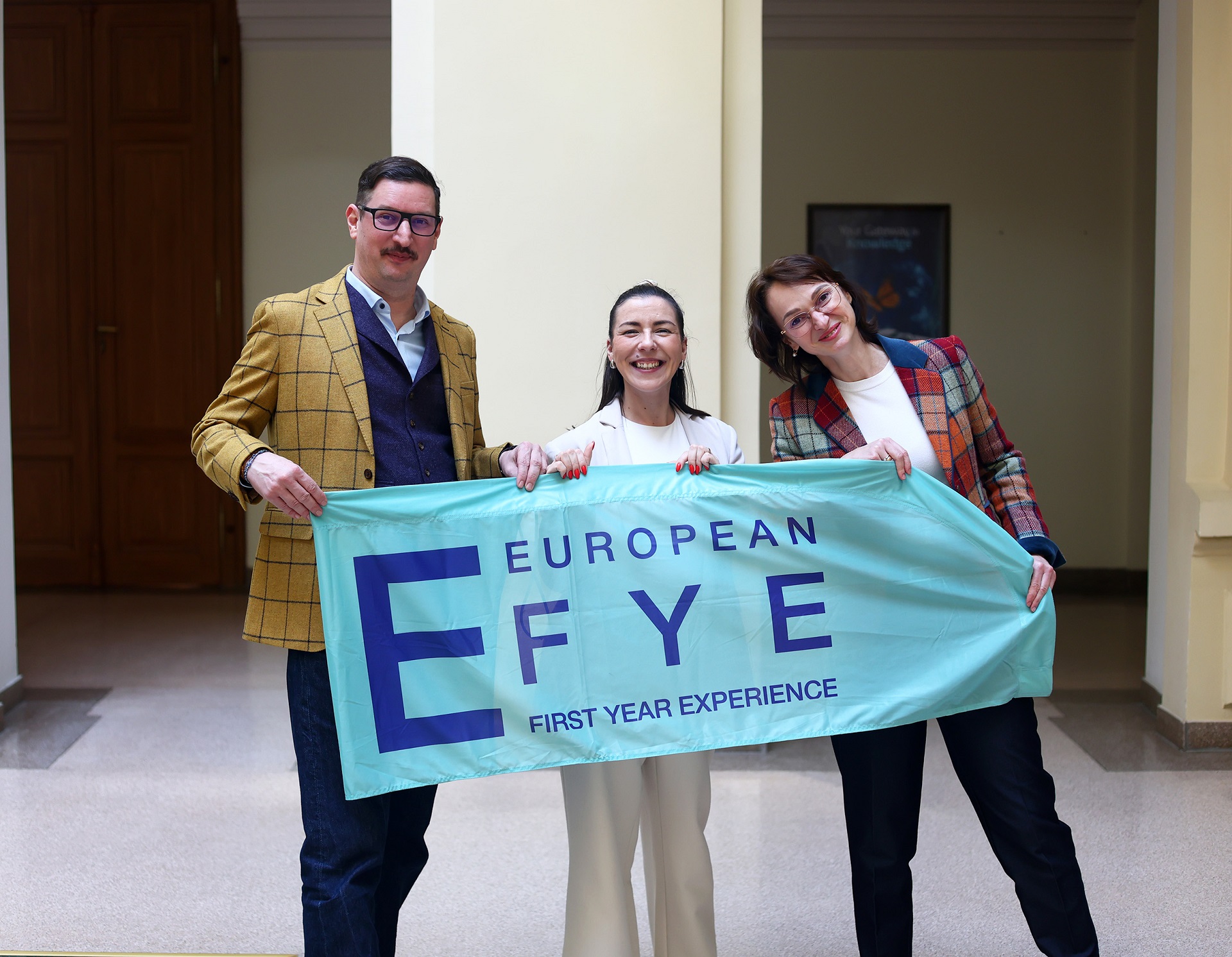Idén júniusban a Szegedi Tudományegyetem ad otthont a European First Year Experience – EFYE Konferenciának. Bár a rendezvény nemzetközi hírű kutatókat és szakembereket vonultat fel, az idei év üzenete világosabb, mint valaha: a konferencia a hallgatókról szól, hallgatókkal épül, és hallgatói szemmel válik teljessé.


